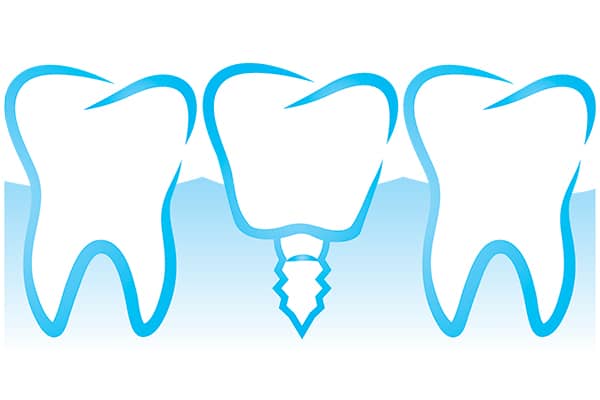Cavities in adults and children are inevitable, but they are easy for a family dentist to treat if prevention does not work. All dentists are trained to help patients avoid cavities by cleaning teeth and gums and offering advice on oral care. If a cavity forms, the dentist can remove the damaged tooth material and replace it with a filling, though some cavities require more or less drastic treatment.
Cavity prevention
One important thing that family dentists do for adults and children is to clean and examine their teeth. A professional cleaning gets rid of tartar and plaque that the patient may have missed when brushing, flossing, and rinsing. In fact, removing all of the buildup on teeth at home is almost impossible for children and adults. This is why dentists recommend professional cleanings and checkups.
Dental advice
During a checkup, the dentist can also offer advice on maintaining good oral health between visits. If the patient is a child, the dentist helps their parents understand how to guide their child in keeping their teeth clean. They may, for example, critique a patient’s use of dental floss. Not flossing, or not doing it well, allows plaque to build up. Many cavities and cases of gum disease come from bad habits that a dentist can help patients avoid. Poor eating habits, for example consuming lots of sugary food, increase the odds of a person needing a cavity filled.
Treatment options
Once a cavity begins to form, little can be done at home. The first thing a family dentist does is confirm that a cavity is the cause of that patient’s tooth pain. Sometimes a gum infection or even a sinus infection can cause pain, as can a minor gum injury. However, cavities are a common cause of oral pain that fortunately tend to be easy to diagnose and treat.
Fillings
Fillings come in several materials. The filling is a resin, porcelain, or other material used to replace whatever decayed tooth material the dentist removes.
Fluoride treatments
Some cavities can be treated without a filling. If the dentist judges this is the case, a professional flouride treatment can be applied to stop the decay and help the enamel recover. This process only works if the cavity is caught very early.
Crowns
In advanced cases of tooth decay, the patient may need a crown. After removing damaged tooth material, the dentist fits the patient for this tooth covering, which may be made of porcelain, resin, or a procelain and metal composite. The fitting and application usually require two seperate visits, but some general dentistry practices offer same-day crowns.
Conclusion
A family dentist helps patients avoid cavities through regular cleanings and advice on improved oral hygiene. If cleanings and at-home oral care fail to prevent a cavity, the dentist can investigate the problem and prescribe a treatment, typically a filling but possibly a crown or, in the most serious cases, an extraction.
Request an appointment here: https://www.peakviewdentistry.com or call PeakView Dentistry at (303) 578-5800 for an appointment in our Boulder office.
Check out what others are saying about our dental services on Yelp: Family Dentist in Boulder, CO.




